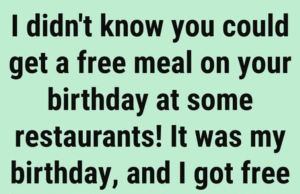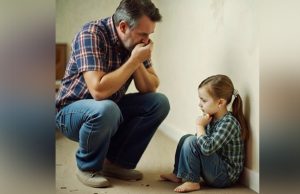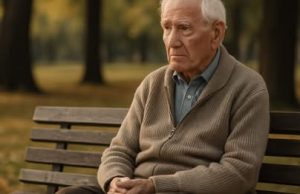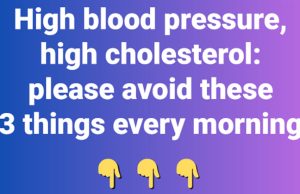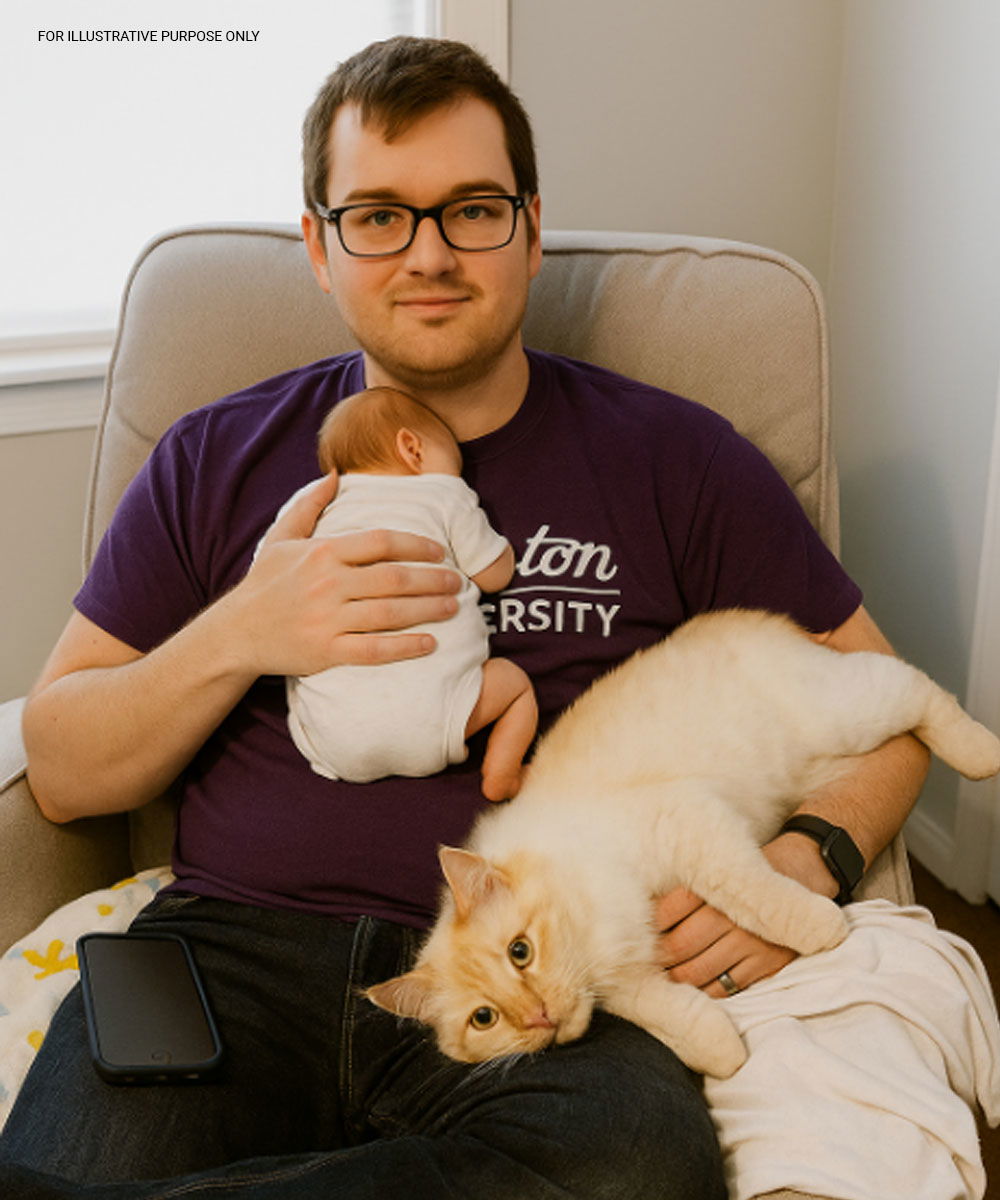
I used to think I understood silence. Growing up with Keane taught me to notice things others overlooked: a flicker in his eyes, a slight clench in his jaw, the precise way he lined up his pencils by color and size before starting homework. You either developed real patience—or learned to fake it well enough. Pretending was how we survived our childhood.
Keane was diagnosed when he was three. I was six. I don’t recall the exact moment we got the news, but I remember the shift that followed.
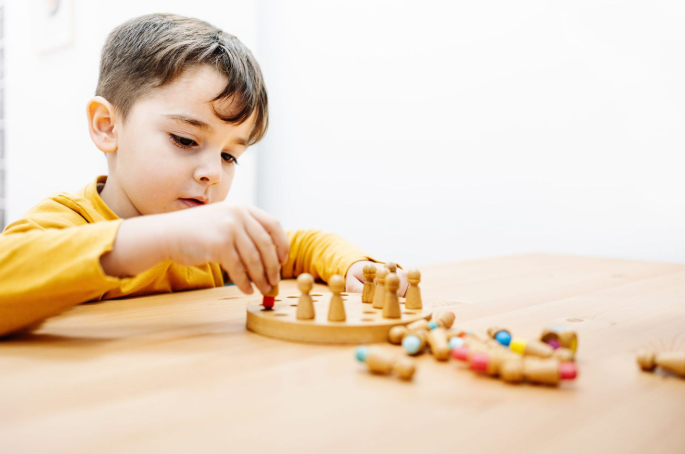
The house became quieter. Mom grew restless. Dad started snapping over odd things—crinkling chip bags, cartoons playing too loud. I learned to make myself small, nearly invisible.
But Keane? He didn’t change. He remained gentle, distant. Sometimes, he’d smile—usually at ceiling fans or drifting clouds.
He didn’t speak. Not then. Not ever.
Until one day, he did.
It was a Tuesday. That meant diaper laundry, reheated pasta, and holding back screams. Owen, my baby, had just turned six months old and was going through a stage best described as “a tiny marshmallow possessed by chaos.”
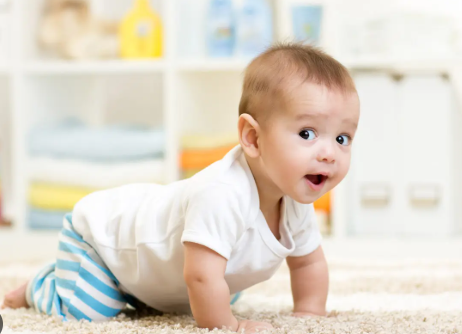
My husband, Will, had been pulling extra shifts at the hospital, and I was barely holding it together—running on lukewarm coffee and endless mental to-do lists.
Keane, like always, sat silently in the living room corner, completely absorbed in his tablet, endlessly combining shapes and colors with quiet precision.
We’d taken Keane in half a year earlier, just before Owen was born. Our parents had passed within a few years—dad from a stroke, mom from cancer—and after a rough stint in a state facility that only made him retreat further, I couldn’t leave him there.
When I asked if he wanted to live with us, he didn’t say a word. He just gave a small nod, eyes cast downward.
Things mostly worked out. Keane never asked for anything. He ate what I made, folded his clothes with military precision, and stayed lost in his games. He didn’t speak, but he hummed—softly, all the time.
At first, it grated on me. Now, I hardly noticed.
Until that Tuesday.
I’d finally gotten Owen to nap after his third meltdown of the morning. Maybe it was teething, maybe gas, maybe something otherworldly—I didn’t know.

What I did know was I had a precious ten minutes to myself before diving back into chaos.
I jumped into the shower like it was some kind of luxury escape, letting myself believe—just for a moment—that I wasn’t falling apart.
Then I heard it. The scream. Owen’s cry of “I’m d.ying!”
Panic took over before logic took over. I yanked the shampoo out of my hair, slipped on the tiles, and launched myself down the hallway.
But there was no chaos.
Instead, I froze.
Keane was in my chair. On my chair. He’d never sat there. Not once in six months.
But now, there he was, his legs awkwardly tucked in, Owen curled up on his chest like he belonged there.
One hand gently stroked Owen’s back with long, steady strokes, exactly the way I did. The other arm cradled him in place, comfortable but loose. As if by instinct.
And Owen? Passed out. A small bubble of drool on his lip. Not a tear in sight.
Mango, our cat, was curled up on Keane’s knees as if she’d signed a lease. She purred so loudly I could feel her from the doorway.
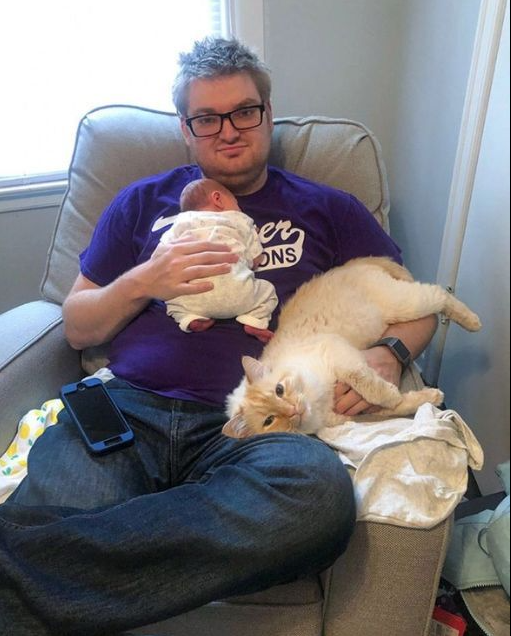
I stood there, stunned.
Then Keane looked up. Not exactly at me, but more like through me, and said, barely above a whisper,
“He likes the hum.”
It was like a punch. Not just the words. The tone. The confidence. The presence. My brother, who hadn’t strung together a sentence in years, was suddenly… here.
“He likes the hum,” he repeated. “It’s just like the app. The yellow one with the bees.”
I choked back tears and leaned closer. “You mean… the one with the lullaby?”
Keane nodded.
And that’s how everything started to change.
That day, I let him hold Owen a little longer. I watched them breathe in unison. I expected Keane to flinch when I paid attention to him, like he usually did. But he didn’t. He stayed calm. Down to earth. Real.
So I asked him if he’d feed Owen later. He nodded.
And again the next day.
A week later, I left them alone for 20 minutes. Then 30. Then two hours while I went to get coffee with a friend for the first time since giving birth.
When I returned, Keane had not only changed Owen’s diaper, but he’d organized the changing table by color.
He also started talking more. Little things. Observations. “The red bottle is leaking.” “Owen likes pears more than apples.” “Mango hates it when the heat goes off.”
I cried more in those first two weeks than I had the entire previous year.
Will noticed, too. “It’s like having a roommate who just… wakes up,” he said one night. “It’s amazing.”
But it wasn’t just amazing.
It was terrifying.
Because the more Keane was present, the more I realized I’d never truly seen him.
I’d accepted silence as all I could give, never questioning whether I wanted to give more.
And now that I was giving it—words, affection, structure—I felt guilt scratching at me like a second skin.
He’d needed something I’d missed.
And I almost missed him again.
One night, I came home from Target and found Keane pacing. Not rock.
He walked with steady, measured steps, the way he did when he was anxious. Owen was yelling from the nursery. Mango was scratching at the door.
Keane looked at me, his eyes wide open.
“I dropped him.”
My heart sank. “What?”
“In the crib,” he clarified. “I didn’t mean to wake him. I thought… but he hit the side. I’m sorry.”
I ran to Owen. He was fine. He was barely crying. He was just tired. I picked him up and checked him over. No bumps. No bruises.
Back in the living room, I found Keane sitting with his hands clasped together, whispering something over and over again.
“I messed up. I messed up.”
I sat down next to him. “You didn’t mess anything up.”

“But I hurt him.”
“No. You made a mistake. A normal one. A human one.”
He stared at me. “You’re not broken, Keane. You never were. I just didn’t know how to listen to you.”
That’s when he cried.
Deep, quiet sobs.
I hugged him, the way he hugged Owen. Like someone who finally understood that love isn’t about fixing people. It’s about seeing them.
Now, six months later, Keane volunteers at a sensory play center two days a week. He’s become Owen’s favorite person; his first word was “Keen.” Not “Mom.” Not “Dad.” Just “Keen.”
I never thought silence could be so powerful. Or that a few whispered words could change our world completely.
But they did.
“He likes the hum.”
And I love how we’ve come together again. As brothers. As family. As people who no longer expect to be understood.
So, what do you think? Can moments like this really change everything?
If this story touched you, share it with someone who needs a little hope today. And don’t forget to like it—it helps more people see what love really looks like.



